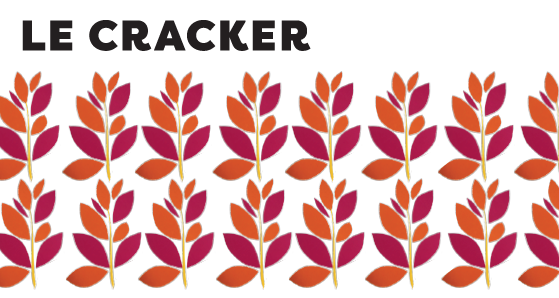Let's Talk Sustainability
We're pleased to introduce Elizabeth Bruml who will be interning with FarmShare during our 2011 season. You'll be hearing from Elizabeth from time to time here in the FarmShare Kitchen and in our newsletter.
Hi! My name is Elizabeth, and I have the privilege of interning this summer with Kari Moore of FarmShare Ohio. I just finished my freshman year at Emory University in Atlanta, where sustainability is a hot topic.
Every Tuesday on my way to class, I looked forward to strolling among vibrant, crisp vegetables, freshly-baked breads, and delicate pastries not typical of college dining. This much-appreciated break from cafeteria food was courtesy of Emory’s weekly farmers’ market, an event meant to promote sustainable food practices. Initiatives designed to fulfill similar “sustainability”goals include campus gardens and a student-run, fair trade coffee stand. And, my introduction to sustainability during my freshman year was not limited to the farmers market; in fact, I even lived in LEED-certified housing.
The word “sustainability” seemed to pop up everywhere on campus. But what exactly is sustainability? The word gets thrown around a lot these days, and for me, its precise definition is a little fuzzy.
So, there was no better way to kick off my internship than to attend an Entrepreneurs for Sustainability (E4S) event on the language of sustainability. The panel which led the discussion made the word “sustainability” make sense; in fact, one conclusion that everyone seemed to reach was that sustainability involves a lot of common sense.
It makes sense to buy locally because that money is reinvested in local economies, and it makes sense not to waste scarce resources because our actions should not compromise the needs of future generations or the health of the environment. This common sense view reflects the “triple bottom line”: our actions impact the people, the planet, and prosperity (aka the “three Ps,” as I learned at the E4S event). As members of the panel communicated that we should consider where supplies, resources, and everyday objects come from and where they’re going, guilt crept upon me as stashed in my purse was – dare I say it – a disposable, plastic Dannon water bottle. It looks like I will have to start changing some of my habits.
While everyone may not agree on the exact definition of sustainability, there is a general conclusion that sustainable practices involve a common-sense approach to problem-solving. After all, with one bite from the fresh, local produce in your FarmShare tote bag, you can taste how it simply makes sense to eat locally!
Hi! My name is Elizabeth, and I have the privilege of interning this summer with Kari Moore of FarmShare Ohio. I just finished my freshman year at Emory University in Atlanta, where sustainability is a hot topic.
Every Tuesday on my way to class, I looked forward to strolling among vibrant, crisp vegetables, freshly-baked breads, and delicate pastries not typical of college dining. This much-appreciated break from cafeteria food was courtesy of Emory’s weekly farmers’ market, an event meant to promote sustainable food practices. Initiatives designed to fulfill similar “sustainability”goals include campus gardens and a student-run, fair trade coffee stand. And, my introduction to sustainability during my freshman year was not limited to the farmers market; in fact, I even lived in LEED-certified housing.
The word “sustainability” seemed to pop up everywhere on campus. But what exactly is sustainability? The word gets thrown around a lot these days, and for me, its precise definition is a little fuzzy.
So, there was no better way to kick off my internship than to attend an Entrepreneurs for Sustainability (E4S) event on the language of sustainability. The panel which led the discussion made the word “sustainability” make sense; in fact, one conclusion that everyone seemed to reach was that sustainability involves a lot of common sense.
It makes sense to buy locally because that money is reinvested in local economies, and it makes sense not to waste scarce resources because our actions should not compromise the needs of future generations or the health of the environment. This common sense view reflects the “triple bottom line”: our actions impact the people, the planet, and prosperity (aka the “three Ps,” as I learned at the E4S event). As members of the panel communicated that we should consider where supplies, resources, and everyday objects come from and where they’re going, guilt crept upon me as stashed in my purse was – dare I say it – a disposable, plastic Dannon water bottle. It looks like I will have to start changing some of my habits.
While everyone may not agree on the exact definition of sustainability, there is a general conclusion that sustainable practices involve a common-sense approach to problem-solving. After all, with one bite from the fresh, local produce in your FarmShare tote bag, you can taste how it simply makes sense to eat locally!
